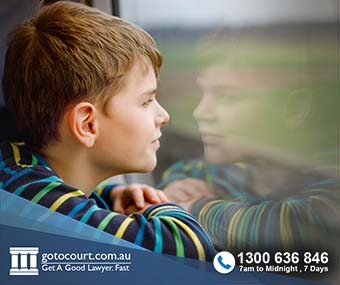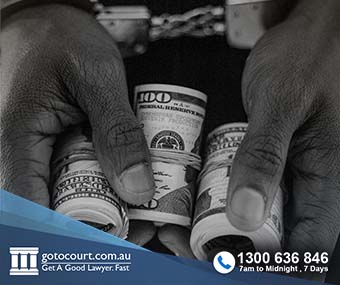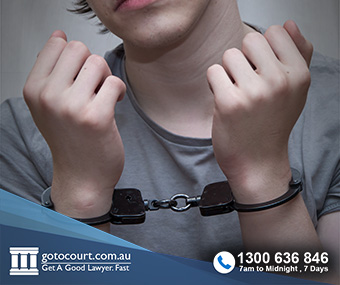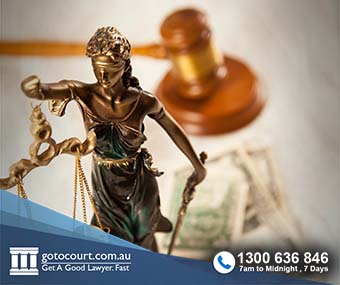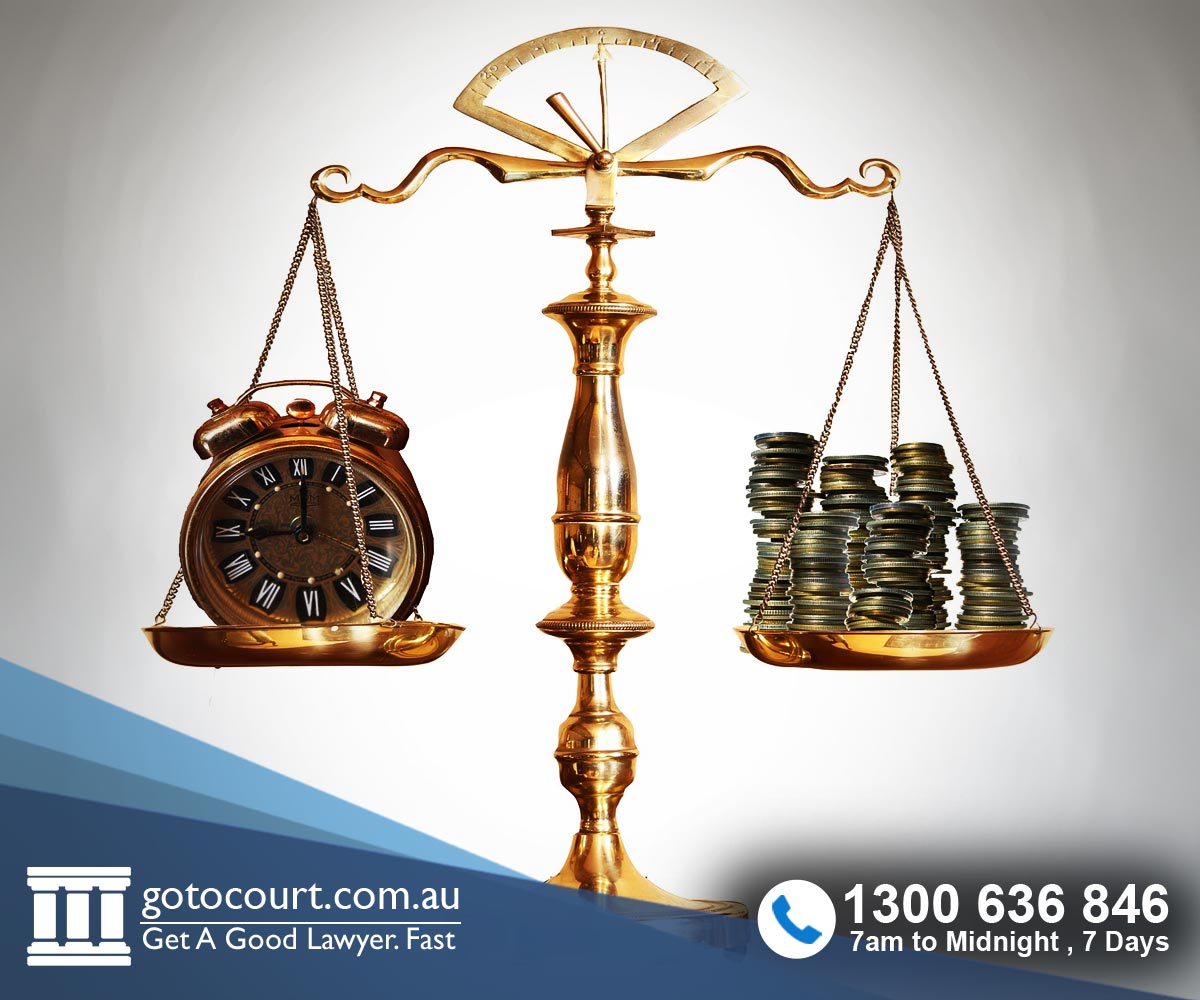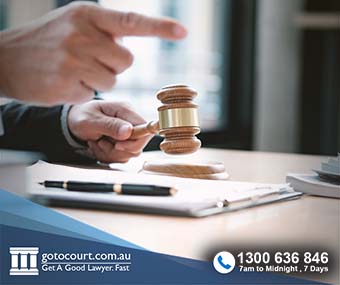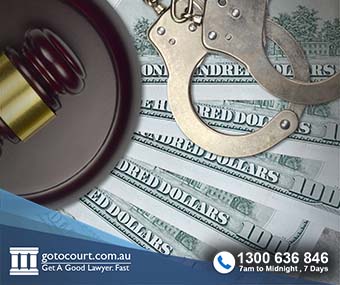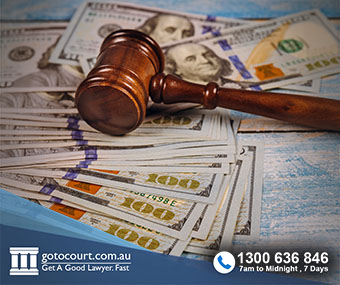Call our lawyers
now
or,
have our lawyers
call you
Applying for Bail in the Supreme Court (ACT)
Updated on Oct 17, 2022 • 4 min read • 328 views • Copy Link
Applying for Bail in the Supreme Court (ACT)
When a person is the ACT is charged with an offence, they may be remanded or granted bail. Decisions about bail are made under the Bail Act 1992. Bail may be granted by police or by a court. This page deals with applying for bail in the Supreme Court of the ACT.
When can the Supreme Court grant bail?
The majority of bail applications are decided in the Magistrates Court. The Supreme Court decides bail applications in matters that are to be dealt with on indictment in the Supreme Court. It also decides bail applications in matters that are to be dealt with in the lower courts where a decision about bail has been made by a magistrate and this decision is under review.
Application must be in writing
An application for bail in the Supreme Court must be made in writing using Form 4.8 and setting out the orders sought. Under Regulation 4721 of the Court Procedure Rules 2006 the application must be accompanied by an affidavit setting out:
- The charges against the accused;
- What stage the proceedings are at;
- Whether bail has previously been refused;
- The accused’s date of birth;
- Whether the accused has a criminal history;
- The date the accused went into custody;
- When the matter is next listed for court.
Repeat applications for bail in the Supreme Court
If a person has previously applied for bail in the Supreme Court or has made two or more applications for bail in the Magistrates Court, the Supreme Court may only consider a further application if:
- There has been a change in circumstances since the last application; or
- There is fresh evidence or information relevant to the grant of bail that was unavailable at the last application.
Criteria for granting bail
The court decides whether to grant bail to a person based on:
- The likelihood of the person appearing at court;
- The likelihood of the person committing an offence, harassing or endangering persons, or interfering with witnesses;
- The interests of the person.
In the case of an applicant who is a child, the court must also consider the principles relating to the best interests of the child as set out in section 9 of the Children and Young People Act 2008.
Bail presumptions
When a person is applying for bail in the ACT, the bail presumption that applies depends on the charges against them and their criminal history and bail history.
Presumption in favour
When a person is facing minor charges only, there is a presumption in favour of bail. This means that the person will be granted bail unless there is a reason why bail should not be granted such as previous failures to appear at court.
No presumption
In some situations, there is no presumption with respect of bail. This means that the decision on bail will be made with reference to the criteria for granting bail set out in section 22 (for adults) and section 23 (for children).
Presumption against
In some situations, such as where a person is facing a very serious charge such as murder or where a person is alleged to have committed a serious offence while another serious charge was outstanding, there is a presumption against the grant of bail. This means that bail will not be granted unless the court is satisfied that special or exceptional circumstances exist that favour the grant of bail.
Bail conditions
When a court grants bail to an adult in the ACT, it may impose a range of bail conditions to alleviate any concerns it has about releasing the person. This may include conditions relating to the person’s conduct while on bail or a condition that a person pays or gives security for the payment of an amount to the Territory if the bail undertaking is breached (a bail surety).
Conditions relating to conduct while on bail may include:
- that the accused live at a specified address
- that the accused undergo medical treatment;
- that the accused participate in specified programs;
- that the accused not have contact with specified persons;
- that the accused not attend specified locations;
- that the accused not consume alcohol or other drugs.
If you require legal advice or representation in any legal matter, please contact Go To Court Lawyers.

Affordable Lawyers
Our Go To Court Lawyers will assist you in all areas of law. We specialise in providing legal advice urgently – at the time when you need it most. If you need a lawyer right now, today, we can help you – no matter where you are in Australia.How It Works







1. You speak directly to a lawyer
When you call the Go To Court Legal Hotline, you will be connected directly to a lawyer, every time.


2. Get your legal situation assessed
We determine the best way forward in your legal matter, free of charge. If you want to go ahead and book a face-to-face appointment, we will connect you with a specialist in your local area.


3. We arrange everything as needed
If you want to go ahead and book a fact-to-face appointment, we will connect you with a specialist in your local area no matter where you are and even at very short notice.


